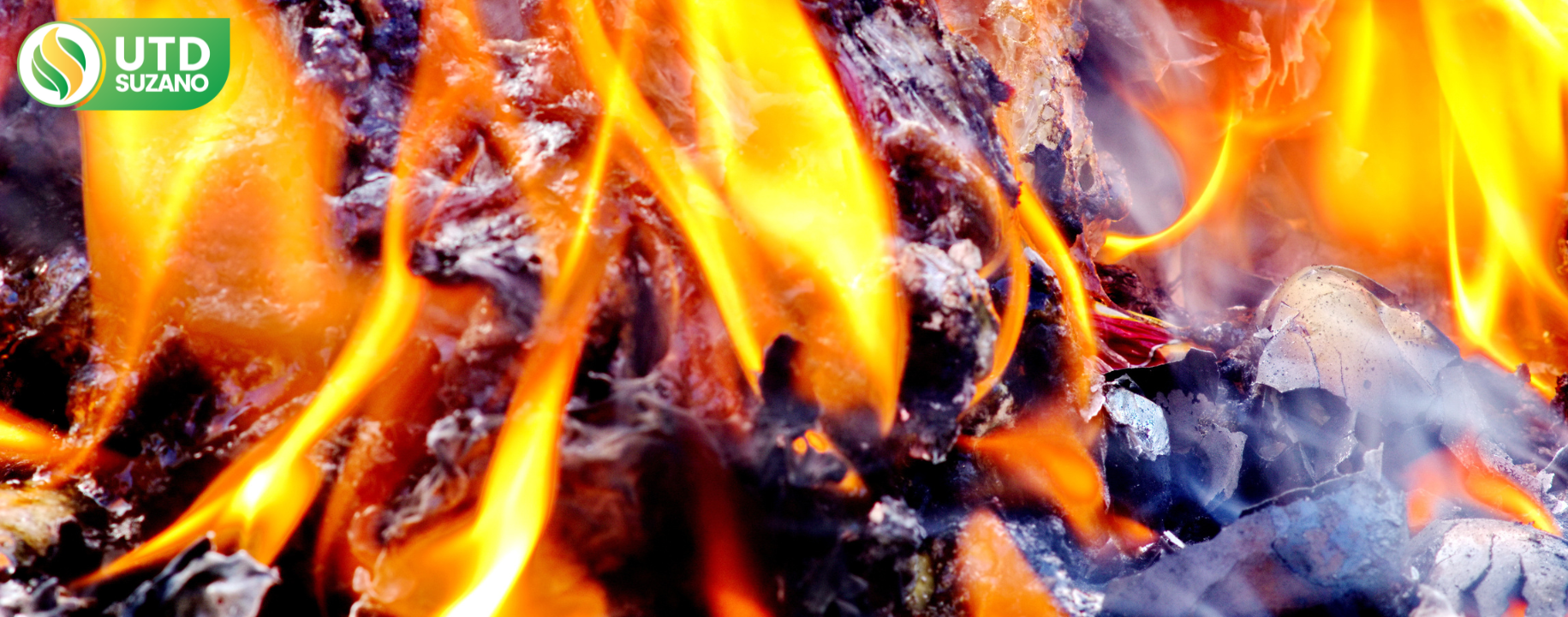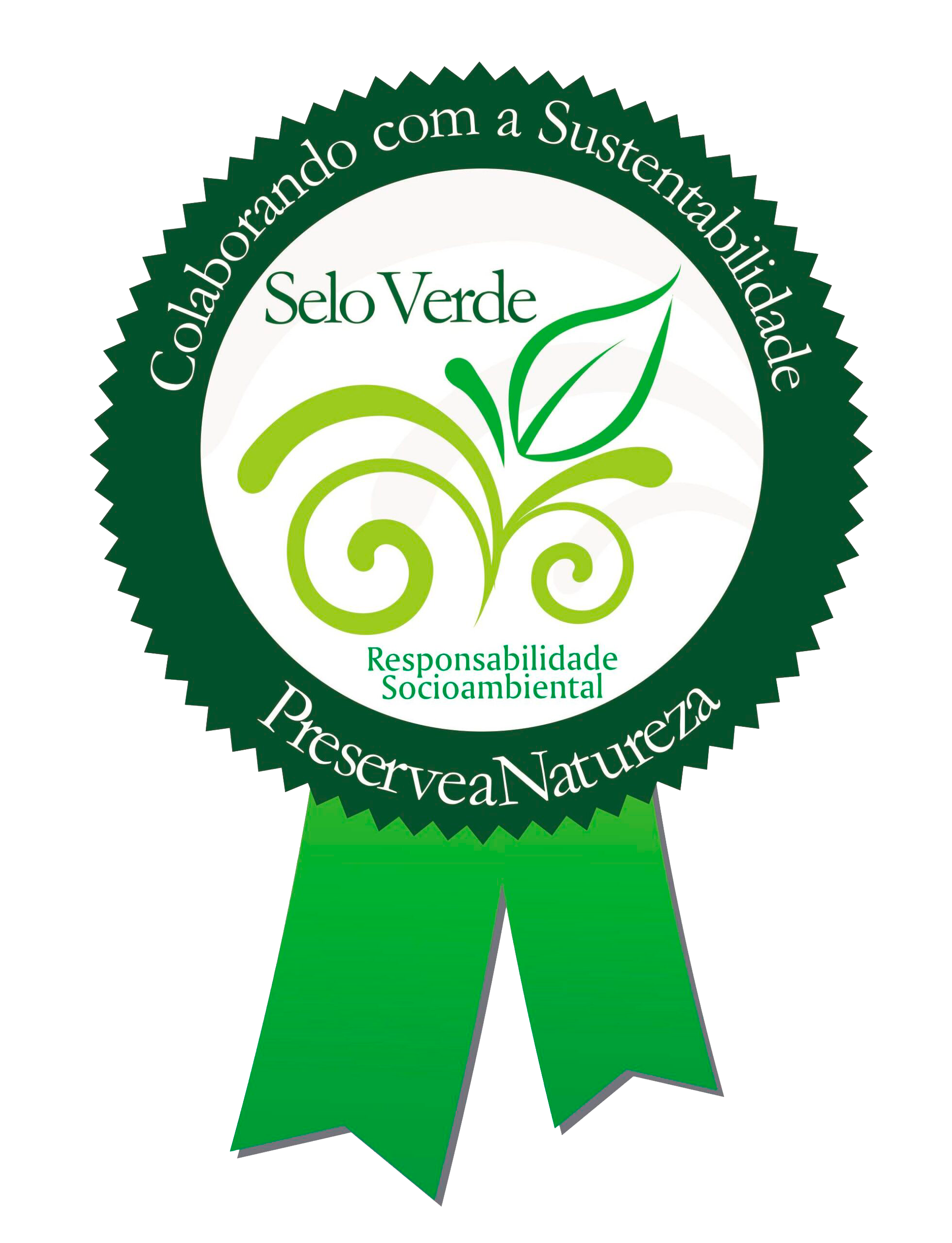Nowadays, adequate waste management has become a priority, driven by the need to preserve the environment and promote sustainable practices. In this context, waste incineration emerges as an efficient and eco-friendly solution to deal with a variety of discarded materials. Let’s explore how this innovative process is shaping the waste management landscape.
Incineration is a technique that involves the controlled burning of waste, transforming it into ash and gases. Contrary to common perception, when carried out responsibly, incineration can offer a range of environmental and public health benefits.
Efficiency in Volume Reduction: One of the main advantages of incineration is the significant reduction in the volume of waste. This process can reduce up to 90% of the original volume, reducing the need for space in landfills and contributing to more efficient management of disposal sites.
Clean Energy Generation: Controlled burning of waste not only reduces volume, but can also generate energy. The capture of heat produced during incineration can be converted into electricity, contributing to cleaner, more renewable energy sources.
Safe Disposal of Hazardous Waste: Incineration is especially effective in disposing of hazardous waste, including chemicals and contaminated materials. This method guarantees complete destruction of these materials, reducing the risks associated with their inappropriate disposal.
Emissions Control: One of the biggest myths associated with incineration is concerns about polluting emissions. However, modern incineration plants are equipped with advanced pollution control systems, minimizing emissions of harmful gases and particles.
Environmental and Social Considerations: It is crucial to adopt sustainable approaches to incineration, prioritizing practices that minimize environmental impact. By investing in cutting-edge technologies, it is possible to ensure that the process is conducted responsibly, meeting environmental standards and community concerns.
Conclusion: Waste incineration, when implemented with responsibility and environmental considerations, can be a fundamental part of the transition to more sustainable waste management practices. By harnessing the benefits of volume reduction, clean energy generation and safe disposal of hazardous materials, incineration stands out as a valuable option in the modern waste management landscape.










